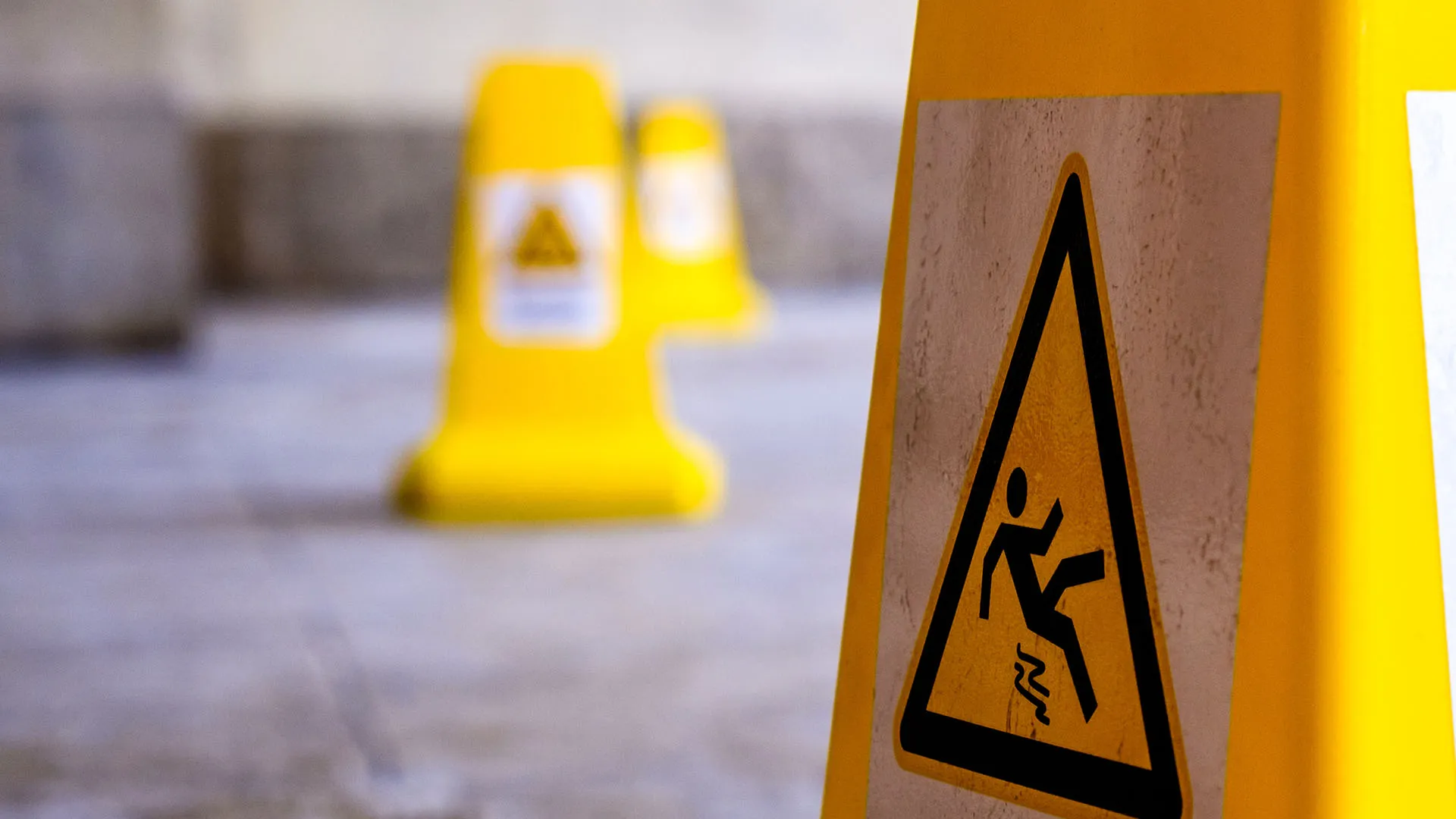Key Aspects That Determine Your Slip-and-Fall Settlement
Understanding the factors that influence your potential settlement is crucial when navigating the aftermath of a slip-and-fall accident. These incidents can lead to significant injuries, financial strain, and emotional distress, making it essential to know what contributes to a fair compensation package.
This article will discuss the elements that shape your slip-and-fall case, empowering you to collaborate effectively with a personal injury lawyer to ensure you are compensated for your hardships. Navigating the legal landscape surrounding these cases can be complex, but having a clear understanding of your rights and the process can significantly enhance your chances of a successful outcome.
Liability
Slip-and-fall accidents can happen in different locations, such as a newly cleaned floor in a store or a slippery sidewalk. Property owners are responsible for maintaining safe environments for their guests. If they are aware of a hazard—or should reasonably recognize it—and don’t take action or provide a warning, they could be held accountable for any resulting injuries.
To establish liability, it must be demonstrated that the owner was negligent in maintaining their property, which directly contributed to the mishap. If you can show they were at fault and you were not responsible for the incident, you can expect a higher settlement offer compared to situations where accountability is ambiguous.
Many areas also observe a principle known as pure comparative negligence. This approach assesses verdicts and settlements according to the level of fault attributed to each party involved in the mishap. If you are found to be partially at fault—perhaps by ignoring warning signs or being distracted—your settlement amount will be affected. It will be reduced in proportion to your degree of responsibility.
Severity of Injuries
More serious injuries, like spinal damage or broken bones, can result in significant slip-and-fall settlements, unlike minor scrapes and bruises. This factor is especially true when the wounds result in lasting disabilities or necessitate extensive medical treatment. It also applies when the injuries hinder your ability to return to work or live as you once did.
Several key considerations come into play when pursuing recompense. Medical expenses, including past, ongoing, and future treatment costs, are crucial and may encompass surgeries, rehabilitation, and medications.
You could also be entitled to payment for lost wages and decreased earning capacity if your injuries keep you from working again. The pain and suffering because of your wounds also play a significant role in slip-and-fall settlement negotiations. Comprehensive documentation—such as medical records and expert testimony—will be essential to demonstrate your injuries’ impact effectively.
Pre Existing Medical Conditions
This factor can complicate your case, as the property owner’s defense attorney can use these conditions against you. They may argue that your wounds were already present before the fall, which can lead to the property owner denying you compensation.
Being upfront with your attorney is crucial if you have a preexisting condition. Concealing this information can create issues later, especially if the defendant’s insurer finds out before your lawyer does, which puts them at a disadvantage.
It’s also worth considering when your preexisting condition occurred. An injury from many years ago that hasn’t required treatment may be irrelevant to your case, regardless of what the defense claims. If your preexisting condition has worsened recently due to the accident, your attorney can obtain medical records such as before-and-after X-ray images. It can serve as solid evidence in your favor.
Insurance Coverage
Typically, businesses carry higher insurance coverage than private homeowners, which can lead to larger settlements. Commercial properties often have robust liability insurance, providing adequate compensation for significant injuries.
In contrast, cases involving private homeowners may face restrictions based on their individual policy limits. Recovering damages can also become challenging if the at-fault party is uninsured or lacks substantial assets. In such situations, your attorney can assist in identifying alternative avenues for recovery, such as pursuing other parties who may share responsibility for the mishap.
Get the Support You Deserve
If you’ve been involved in a slip-and-fall accident, seeking expert legal guidance is crucial. Reach out to a reputable personal injury lawyer to discuss your claim and discover your options. They will work hard to gather evidence, negotiate with insurers, and fight for an adequate and fair settlement on your behalf.







